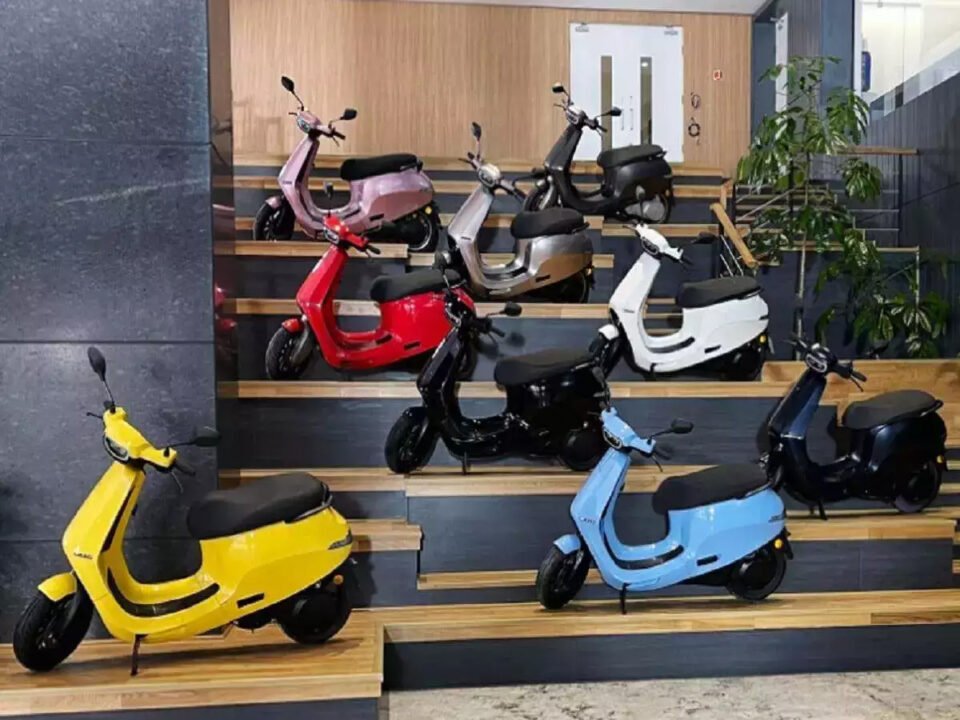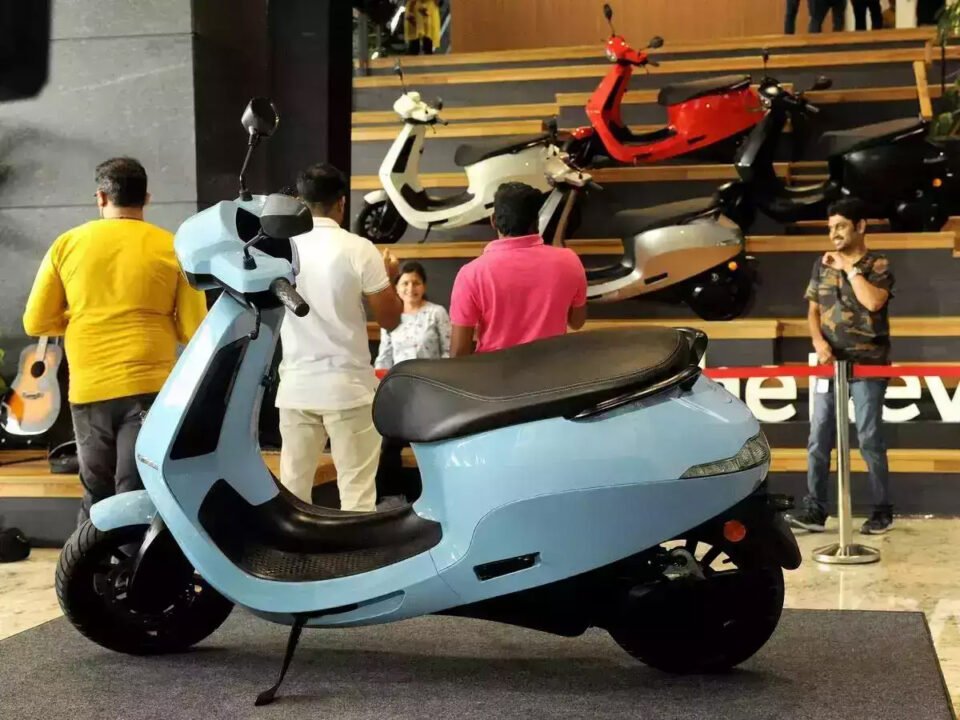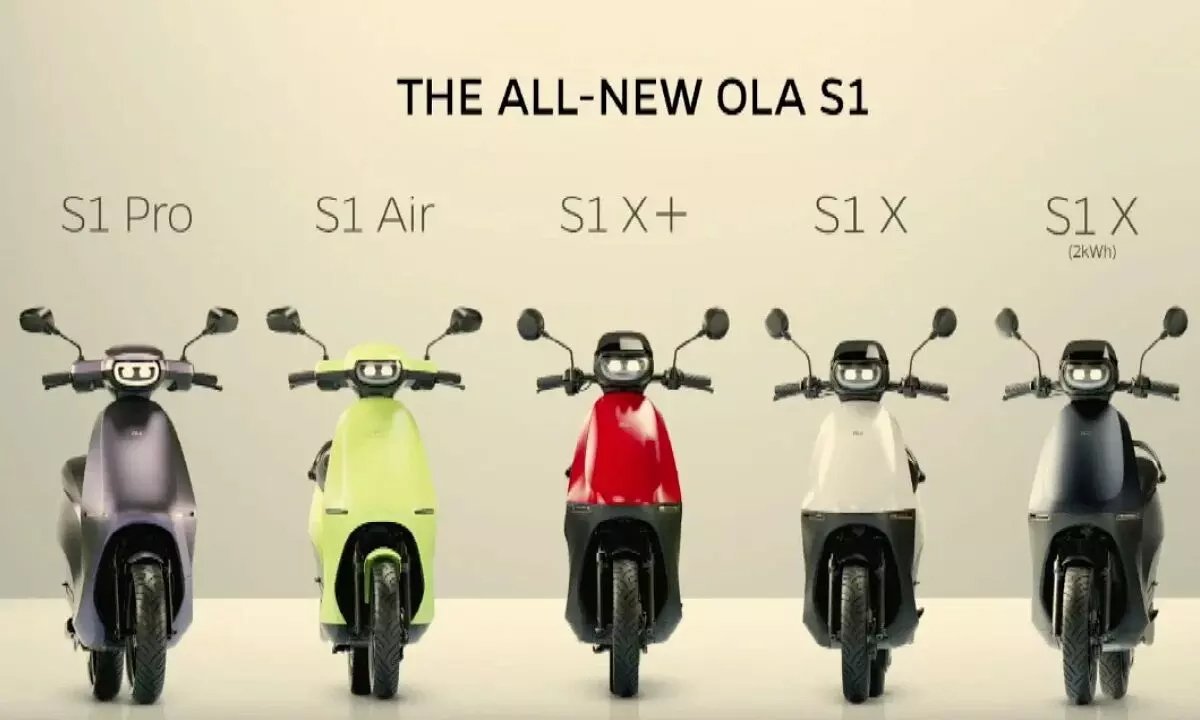New Delhi, July 2 (IANS): As customers delay purchasing electric two-wheelers amid fire incidents, Ola Electric again saw its registration dipping in the month of June, taking the company to fourth place in the overall category.
Bhavish Aggarwal-run Ola Electric saw 5,869 electric scooters’ registrations (as of June 30), according to the VAHAN data.
The June tally for EV two-wheelers was led by Okinawa Autotech, at 6,976 vehicles, followed by Ampere Vehicles Pvt Ltd at 6,534.
Hero Electric came third with 6,486 EV 2-W registrations across the country.
Ather Energy moved up from May to reach 3,797 vehicles, along with Revolt that saw a big leap in registrations to reach 2,419 vehicles for June.
Ola Electric was the top EV player in the country in April and since then, it has seen its position sliding continuously.
Ola’s registration numbers fell by more than 30 per cent on June 30, compared to May 30.
Okinawa had sold 9,302 electric scooters in May and Ola Electric delivered 9,225 units of the S1 Pro electric scooter.
According to Ola Electric, they were prepared to see the impact of supply chain constraints, especially on cell shortage in June.
“We calibrated our business priority for the month to focus on bettering our customer service and brought our TAT (turnaround time) to within 48 hours. Come July, we are confident that supply chain issues will start fading out and our strong order book will be fulfilled,” the company said in a statement.
However, industry experts feel that the continuous fall in the EV 2-W registrations number is owing to the fear the new buyers have around them amid rising fire episodes, battery explosions and government probes that have found fault with batteries.
An expert committee set up by the Union Road Transport and Highways Ministry has found safety system flaws in batteries of electric two-wheelers.
The electric two-wheeler manufacturers took shortcuts in order to bump up the production and meet the growing demand rather than looking into ensuring safety for the riders, according to the initial report.
The expert committee found that the EV manufacturers offered no mechanism to identify overheating of cells and isolate failed battery cells.
The Defence Research and Development Organisation (DRDO), which was earlier tasked with investigating electric two-wheeler fire incidents by the Road Transport and Highways Ministry, also found serious defects in the EV two-wheeler batteries.
These defects occurred because the electric two-wheeler manufacturers like Okinawa Autotech, Pure EV, Jitendra Electric Vehicles, Ola Electric and Boom Motors may have used “lower-grade materials to cut costs”, the DRDO probe had revealed.
The Bureau of Indian Standards (BIS) has now issued new performance standards for lithium-ion batteries to safeguard the consumers amid the rising EV fire episodes in the country.







